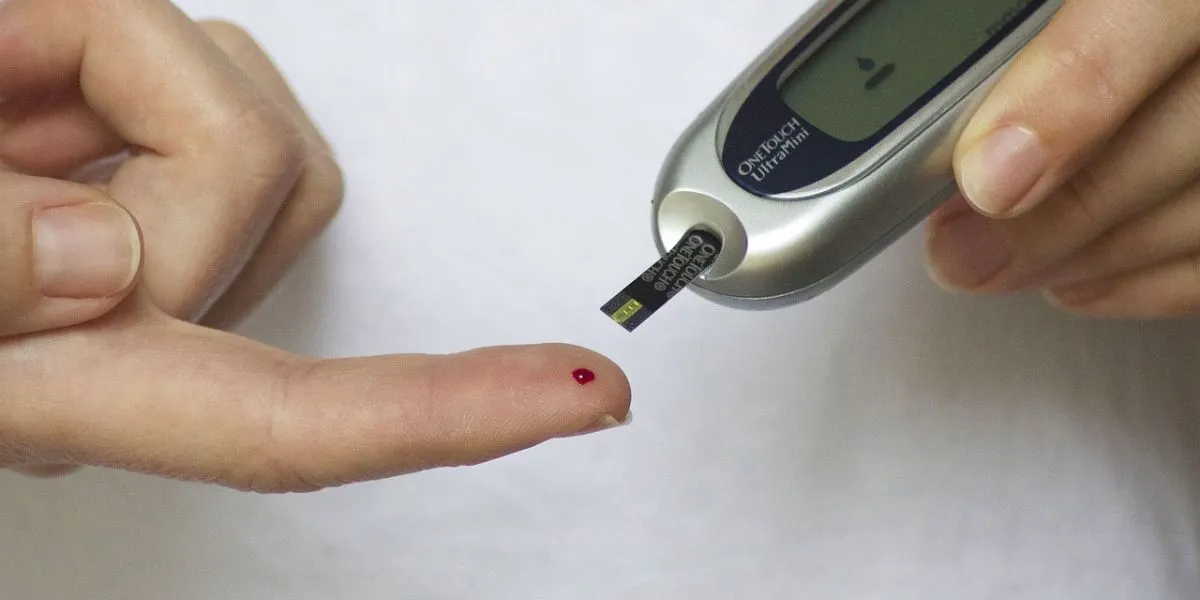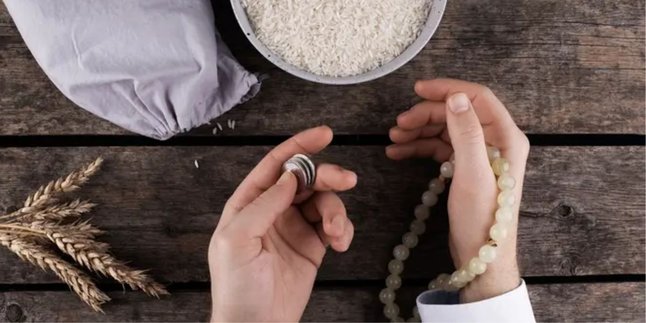Kapanlagi.com - Fasting is not just about abstaining from food and drink, but it also holds a multitude of health benefits, one of which is helping to regulate blood sugar levels. However, for those who have diabetes or are prone to blood sugar spikes, practicing this worship can be quite a challenge. Without proper management, spikes in blood sugar during breaking the fast can increase the risk of serious health complications.
The key to maintaining stable blood sugar levels during fasting lies in careful dietary management, the selection of the right types of food, and ensuring adequate water intake. With wise strategies, blood sugar spikes can be prevented, keeping the body fit and allowing the fasting worship to proceed smoothly.
So, what are the effective ways to prevent blood sugar spikes while fasting? Here are the steps you can apply, from dietary patterns to other healthy habits, summarized by Kapanlagi.com on Saturday (15/3).
1. The Importance of Managing Eating Patterns During Fasting
One of the main factors affecting blood sugar levels is the eating pattern during sahur and iftar. Managing the quantity and type of food consumed is crucial to avoid drastic spikes in blood sugar.
During Sahur:
- Choose foods with a low glycemic index such as brown rice, whole grains, or sweet potatoes, which can release energy slowly and keep blood sugar levels stable throughout the day.
- Have sahur just before imsyak or the end time to minimize the consumption of other snacks that may contribute to increased blood sugar.
During Iftar:
- Avoid consuming overly sweet foods or drinks immediately. It is better to start iftar with plain water and dates in limited amounts, so the body can gradually adjust blood sugar levels.
Meal Portions:
- Do not eat a large amount all at once. Instead, divide the meal into three stages: starting with light snacks, the main meal after tarawih, and healthy snacks before sleeping.
With a regular and controlled eating pattern, blood sugar levels can be more stable during fasting.
2. Plain Water as the Key to Keeping Blood Sugar Stable
Consuming enough plain water is very important for maintaining blood sugar balance during fasting. Drinking plain water before breaking the fast and during sahur helps hydrate the body and prevents sudden spikes in blood sugar.
Breaking the Fast with Plain Water:
Avoid consuming sweet drinks immediately when breaking the fast as it can cause drastic spikes in blood sugar. Instead, drink two glasses of plain water before eating, so the body can adjust blood sugar levels gradually.
Good Fluid Distribution:
Make sure to consume at least 8 glasses of plain water per day, divided into 2 glasses when breaking the fast, 4 glasses at night after tarawih, and 2 glasses during sahur.
Avoid Excessive Sweet Drinks:
Drinks like sweet tea, syrup, or soda can quickly raise blood sugar levels. Replace them with infused water, unsweetened herbal tea, or fruit juice without added sweeteners.
By meeting fluid needs, the body will find it easier to control blood sugar levels and prevent the risk of dehydration that can worsen health conditions.
3. Choosing the Right Foods for Suhoor and Iftar
The types of food consumed during suhoor and iftar play an important role in regulating blood sugar levels during fasting. Here are some recommended foods and those to avoid:
Recommended Foods:
- Complex carbohydrates: Brown rice, oatmeal, sweet potatoes, and quinoa.
- Healthy proteins: Fish, skinless chicken breast, eggs, and legumes.
- Healthy fats: Olive oil, avocados, and almonds.
- High fiber: Green vegetables, carrots, and broccoli to help slow down blood sugar absorption.
Foods to Avoid:
- Simpler carbohydrates: White bread, white rice, and instant noodles that can rapidly increase blood sugar levels.
- High sugar foods: Sweets, soft drinks, and syrups that can trigger blood sugar spikes.
- Fried foods and high-fat foods: Can slow digestion and cause insulin resistance.
- By choosing the right foods, the body will find it easier to control blood sugar levels and maintain enough energy for fasting.
4. Safe Physical Activities to Control Blood Sugar
Even while fasting, maintaining light physical activity can help control blood sugar levels. Some recommended activities during Ramadan are:
- Taking a light walk after breaking the fast or before the pre-dawn meal to boost metabolism without causing fatigue.
- Stretching exercises or yoga that can help reduce stress and improve insulin sensitivity.
- Light exercises such as cycling or swimming after breaking the fast to maintain physical fitness.
- However, avoid heavy physical activities before breaking the fast as they can lead to a drastic drop in blood sugar levels.
5. Get Enough Sleep and Manage Stress to Maintain Blood Sugar Balance
In addition to diet and physical activity, adequate rest and stress management also play an important role in keeping blood sugar levels stable.
- Getting enough sleep (6-8 hours per day) helps the body regulate insulin production and prevent blood sugar spikes.
- Manage stress well, for example by meditating, reading the Quran, or taking a short break during the day to calm the mind.
- Avoid excessive staying up late, as lack of sleep can increase stress hormones (cortisol) that contribute to blood sugar spikes.
- With adequate sleep and good stress management, the body can function more optimally in controlling blood sugar levels during fasting.
6. FAQ
Why can blood sugar levels rise during fasting?
Due to irregular eating patterns, consumption of high-sugar foods, and lack of physical activity.
What are the best foods to keep blood sugar stable during fasting?
Complex carbohydrates, healthy proteins, good fats, and high fiber from vegetables and fruits.
How to break the fast healthily to avoid blood sugar spikes?
Start with plain water, consume light snacks like dates in limited amounts, then continue with nutritious food.
Is exercise safe to do while fasting?
Yes, with light intensity such as walking, yoga, or cycling after breaking the fast.
How to avoid dehydration during fasting?
Make sure to consume at least 8 glasses of water a day, divided between breaking the fast and pre-dawn meal.
(kpl/rmt)
Disclaimer: This translation from Bahasa Indonesia to English has been generated by Artificial Intelligence.












